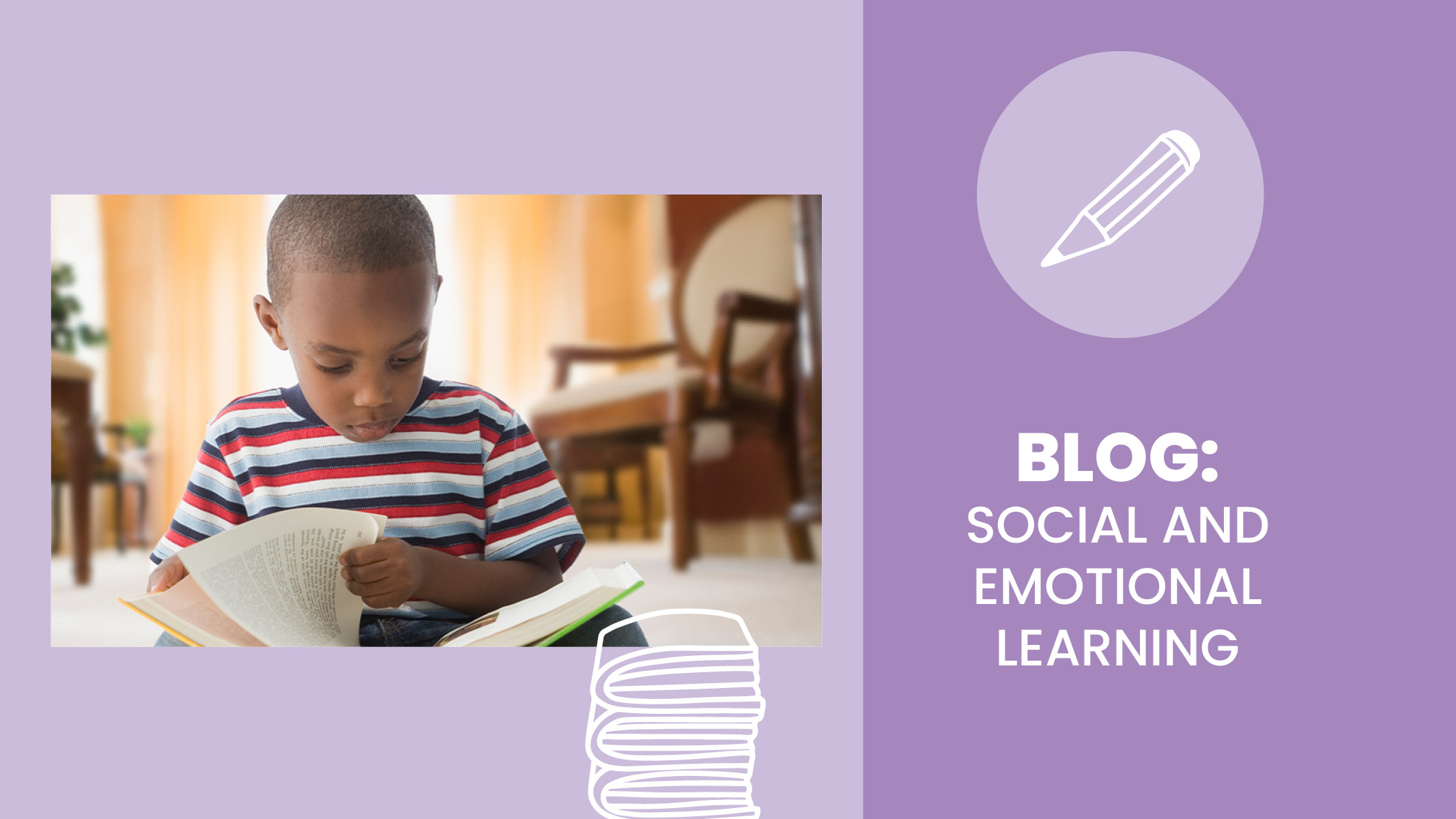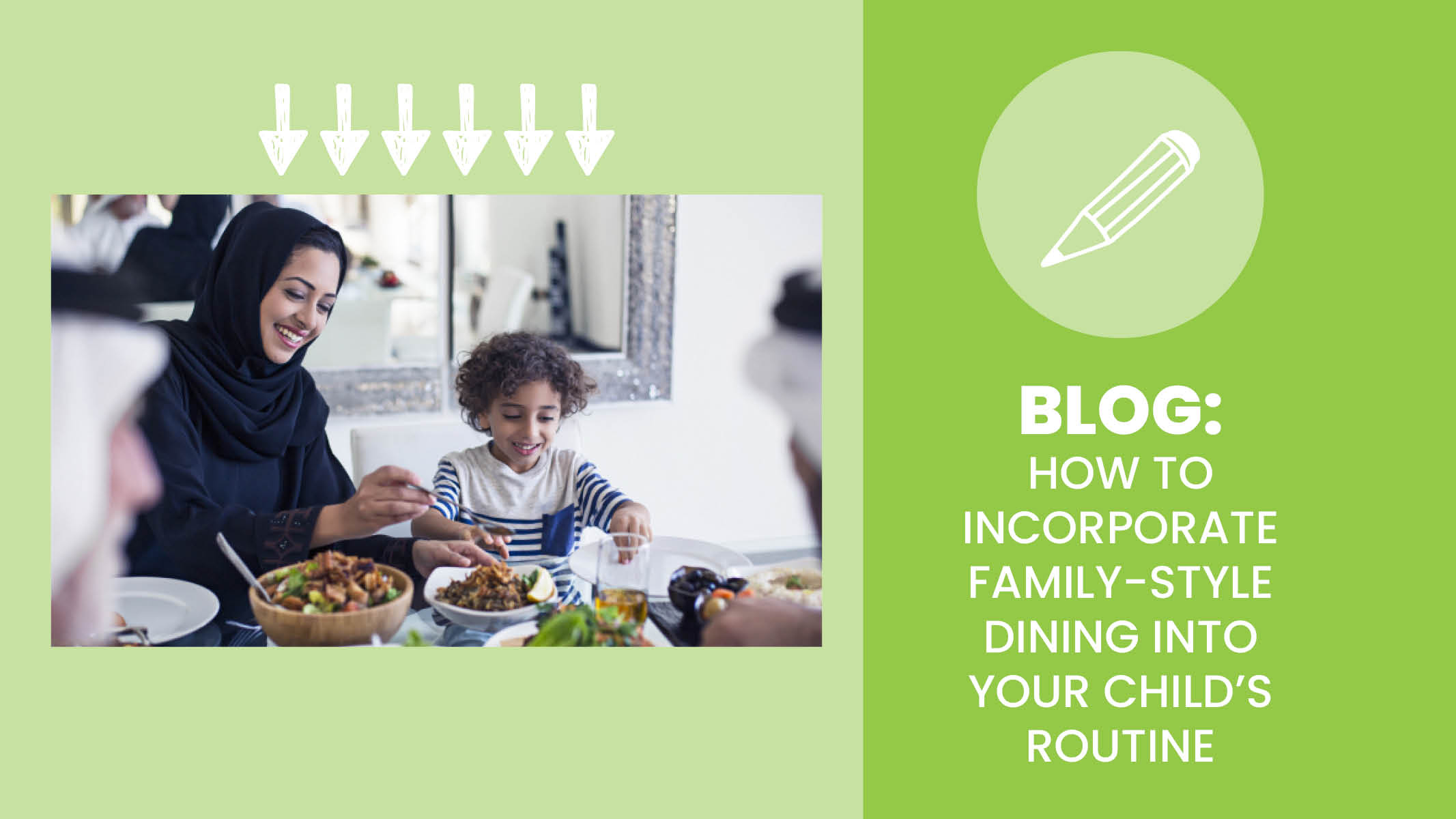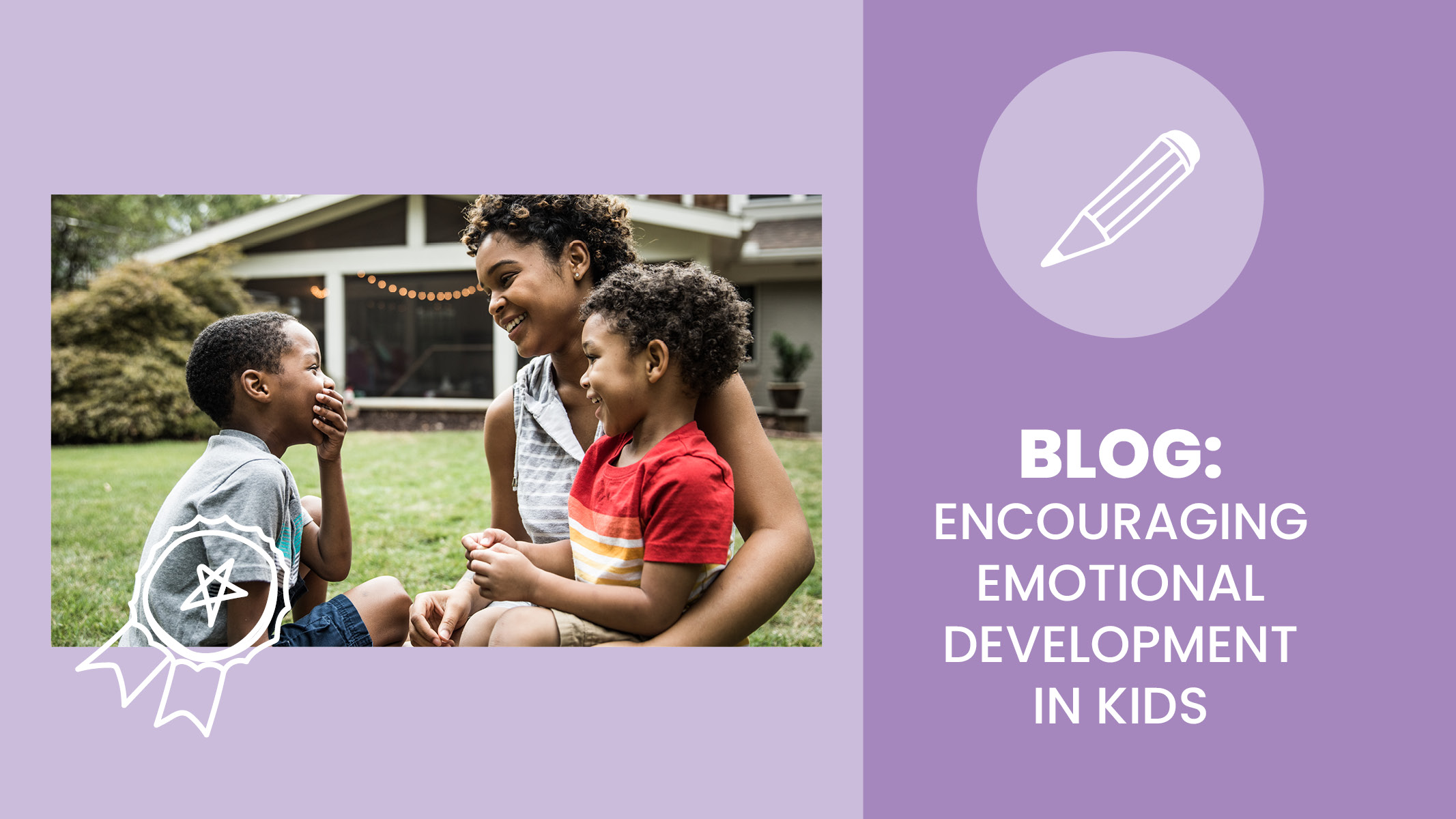We experience a wide array of emotions in our lifetimes. While we might not always be able to eliminate these emotional triggers, for ourselves and for our kids, we can learn the skills to understand and self-regulate our emotional responses. That’s what social and emotional learning (SEL) is at its core.
At fit, social and emotional learning shapes the educational content we create for you and your kids. Each SEL lesson and resource we develop is aligned with SEL competencies like interpersonal communication and decision-making.
Promoting emotional health is not always easy. Ensuring that our audience, whether that is you or your child, understands feelings and emotions is key to successfully equipping you to manage your emotional health and teach your kids the same skills. We believe that your feelings and emotions put you in a mood, which ultimately influences your choices. When we create online lessons and resources, our priority is to teach kids that there are no bad feelings, bad emotions, or bad attitudes. It’s a matter of being able to identify and manage your emotions and noticing how they influence your choices.
Empathy is another key to having positive experiences when promoting SEL. Dr. Emily Griese, from Sanford Health in Sioux Falls, SD, says that at about six years old, kids have the ability to see other people have different perspectives than they do. Between the ages of ten and eleven years old, they develop a sense of empathy.
“Prompting perspective in children early on gives them the ability to take a step back. Rather than coping in inappropriate ways (i.e. acting out or eating unhealthy foods), it can help them understand their roles in situations and how to better overcome challenges.” – Dr. Griese
So what can you do to help your child develop stronger social and emotional learning skills? Start small and focus on communication. Outbursts and tantrums can be difficult to navigate, but communication can make a big difference. After a challenging experience, circle back and discuss what your child experienced:
- What feelings did they experience in that moment?
- How did they react to their experience?
- Do they feel their response could’ve been different?
Acknowledge and validate your child’s feelings and emotions. Taking time to reflect on experiences with children allows them to feel heard and discover coping strategies they can practice moving forward.
SEL is an ever-changing topic, which means it can be hard to navigate with your family. Give yourself some grace and know that for as long as we’re learning, you will be too.
Ready for More? You Might Also Like:
Mindful Moments Cards
Tips to Help Toddlers with Feelings and Emotions
Emoji Mood Cards Printable


